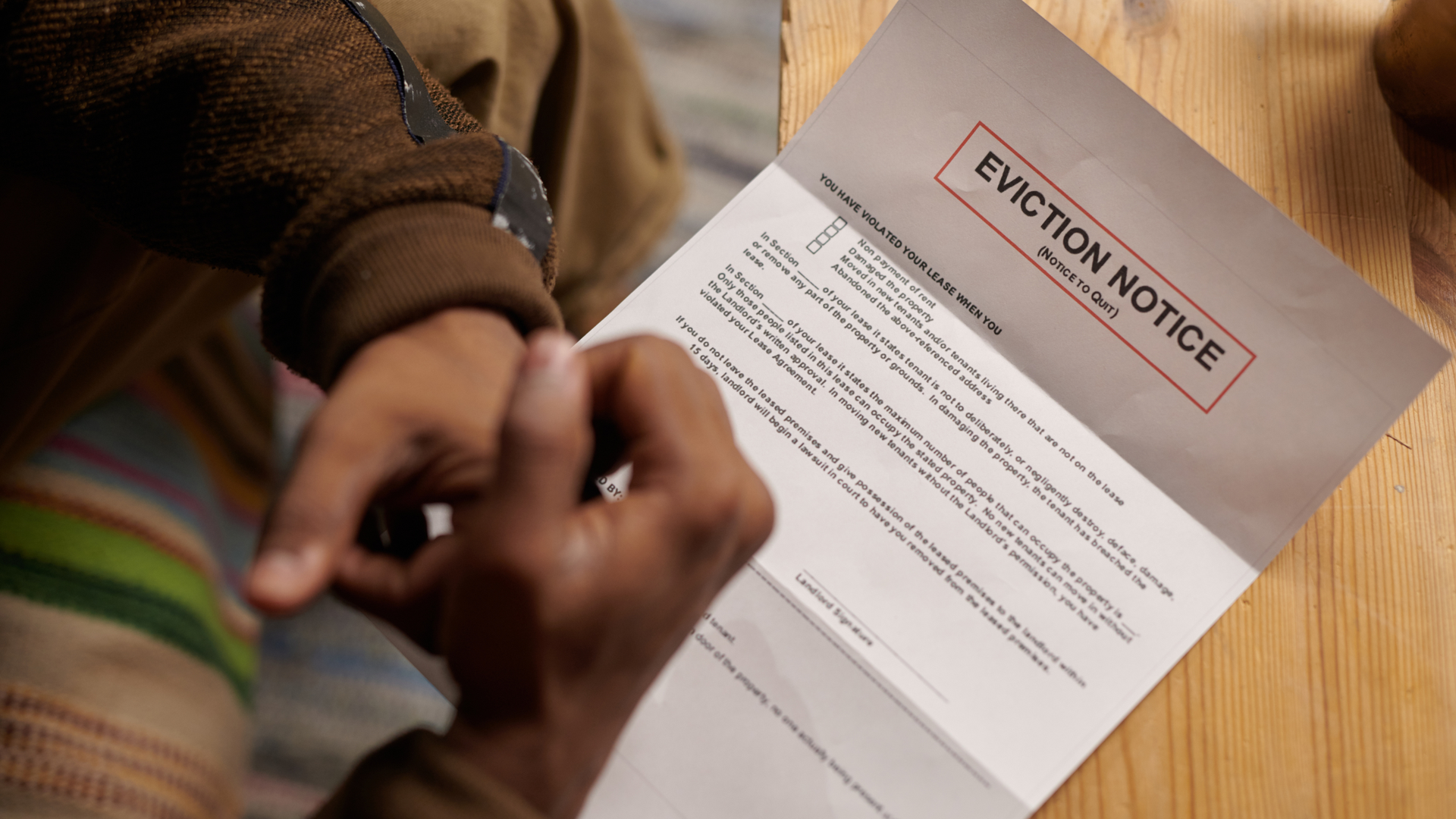How to Fight an Eviction in Florida: What Every Tenant Should Know
Protecting Your Rights When Facing Eviction
Few things are as stressful as receiving an eviction notice. Whether you have fallen behind on rent or your landlord is alleging a lease violation, Florida law gives tenants specific rights and protections that landlords must follow. At Korte & Associates, we help renters across Florida stand up for those rights and ensure that landlords and property managers follow the law every step of the way.
If you are facing eviction, here is what you need to know before you take your next step.
1. Your Landlord Must Have a Legal Reason to Evict You
In Florida, landlords cannot simply tell you to move out without cause. Under Florida Statutes Chapter 83, they must have a legally valid reason (called "grounds for eviction"). Common examples include:
- Nonpayment of rent
- Violation of lease terms (for example, having an unauthorized pet or guest)
- Significant property damage or illegal activity
- Failure to vacate after the lease ends
Even then, landlords must follow strict procedures before filing an eviction case in court. If they skip a step or use the wrong notice, you may be able to stop the eviction entirely.
2. Every Eviction Starts with Proper Notice
The first step in any Florida eviction is written notice. Depending on the reason, your landlord must provide one of the following:
- 3-Day Notice to Pay or Quit – For unpaid rent, giving you 3 business days to pay (not counting weekends or holidays).
- 7-Day Notice to Cure – For most lease violations, giving you 7 days to fix the issue.
- 7-Day Unconditional Quit Notice – For serious or repeated violations that cannot be corrected.
- Notice to Vacate – For month-to-month tenants (must be at least 30 days as of 2024).
If the notice does not clearly state the reason, the amount owed, or the correct timeline, it may be legally defective, and that can stop the eviction in court.
Pro Tip: Always keep copies of any notices, emails, or texts from your landlord. These can be critical evidence if the case goes to court.
3. You Have the Right to Defend Yourself in Court
If your landlord files an eviction lawsuit, you will receive a Summons and Complaint from the county court. You have five business days to respond in writing. This is called your "Answer."
Many tenants lose eviction cases simply because they do not respond in time. With the right legal help, you may be able to argue defenses such as:
- The landlord did not give proper notice
- Rent was paid or partially accepted
- The eviction is retaliatory (for example, you reported unsafe conditions)
- The property was not maintained as required by law
- The landlord is including illegal fees or charges as "rent"
At Korte & Associates, we help tenants prepare strong, timely responses and represent them in hearings to protect their housing rights.
4. Beware of Illegal "Self-Help" Evictions
Even if your landlord claims you are behind on rent, they cannot:
- Change your locks
- Shut off utilities
- Remove your belongings
- Harass or threaten you to move out
These are all forms of illegal eviction(also called "self-help eviction"). You can take legal action if it happens. In many cases, tenants can recover damages, attorney's fees, and costs when a landlord violates their rights.
5. You May Have More Time Than You Think
Many tenants panic when they receive an eviction notice, but remember: you cannot be forced to leave until a judge orders it. Even after a judgment, only the sheriff, not your landlord, can enforce the eviction. You must receive at least 24 hours' written notice before removal.
An attorney can sometimes help you negotiate more time to move, avoid a judgment on your record, or reach a settlement that keeps you in your home.
6. How a Tenant Attorney Can Help
Fighting an eviction is not just about paperwork. It is about protecting your record, your credit, and your stability. At Korte & Associates, our team reviews every detail of your case to identify landlord mistakes, assert your rights, and keep you housed as long as possible.
We help tenants with:
- Reviewing and responding to eviction notices
- Filing answers and motions in court
- Negotiating settlements or payment plans
- Defending against illegal or retaliatory evictions
- Pursuing claims for wrongful eviction or security deposit recovery
7. Do Not Wait, Act Quickly to Protect Your Rights
Florida's eviction timelines move fast. Once you are served with papers, you only have five business days to respond. Missing that deadline can result in a default judgment and an eviction on your record.
If you have received an eviction notice or even a warning from your landlord, contact Korte & Associates right away. We will explain your rights, review your case, and help you take action to protect your home.



